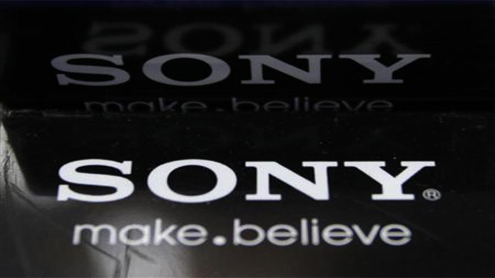
TOKYO: Sony Corp has been approached by at least three investment banks offering to sell its battery business as the struggling Japanese group looks to offload non-core assets and focus on reviving its consumer electronics business, banking sources said.
Selling the unit, which employs 2,700 people and had sales last year of $1.74 billion, would help Sony cut costs and generate cash as it restructures its operations, three people involved in the preliminary discussions told Reuters. The company, a byword for innovative gadgetry in the 1970s and 80s, has been battered by weak demand for its TVs in a fiercely competitive market. The TV business has racked up huge losses; Sony’s market value has slumped to below $10 billion and ratings agency Fitch last week downgraded the company’s debt to “junk” status – a move likely to push up borrowing costs and make asset sales more attractive.
CEO Kazuo Hirai has pledged to rebuild Sony around gaming, digital imaging and mobile devices, while nurturing new businesses such as medical devices. He is axing 10,000 jobs, closing facilities and selling assets. Any disposals would be part of a broader “garage sale” by Japan’s leading electronics groups that are hurting in weak markets and tight financing. Potential buyers for Sony Energy Devices Corp – founded in 1975 as Sony-Eveready, a joint venture with Union Carbide Corp – could include Taiwan’s Hon Hai Precision Industry and BYD Co Ltd , a Chinese carmaker backed by billionaire investor Warren Buffett, said one of the sources. Hon Hai is also in negotiations to become rival TV maker Sharp Corp’s biggest shareholder.
Foreign interest: Despite a strong yen, interest is likely to come mainly from potential foreign buyers, said the sources, who did not want to be named as the talks are private.Selling the business overseas may not go down well with a Japanese government that in the past has kept technology at home by promoting alliances between local producers. Panasonic Corp , NEC Corp and Hitachi Ltd also make lithium-ion batteries, though the firms’ fabrication technology differs.
Sony declined to comment on the possible sale of the business, which makes lithium-ion batteries used in smartphones, tablets and PCs. “At our corporate strategy announcement in April, (Hirai) said we would explore possible alliances in E-vehicle batteries and battery storage,” said spokesman George Boyd.
As with TVs, Sony has struggled to compete against South Korean rivals in a battery business that is worth $18 billion a year. The small cells that power mobile devices now account for around 60 percent of the market, ahead of those used in cars and electrical tools, according to research company IHS iSuppli. While lithium-ion battery demand has steadily expanded with the boom in mobile consumer electronics, severe price competition has resulted in razor thin margins that favour large-scale manufacturers with weak local currencies. “The battery business is a prime example of the company’s loss-making and unwanted assets. It doesn’t make sense for them to keep it,” said one of the banking sources. – Dailytimes












